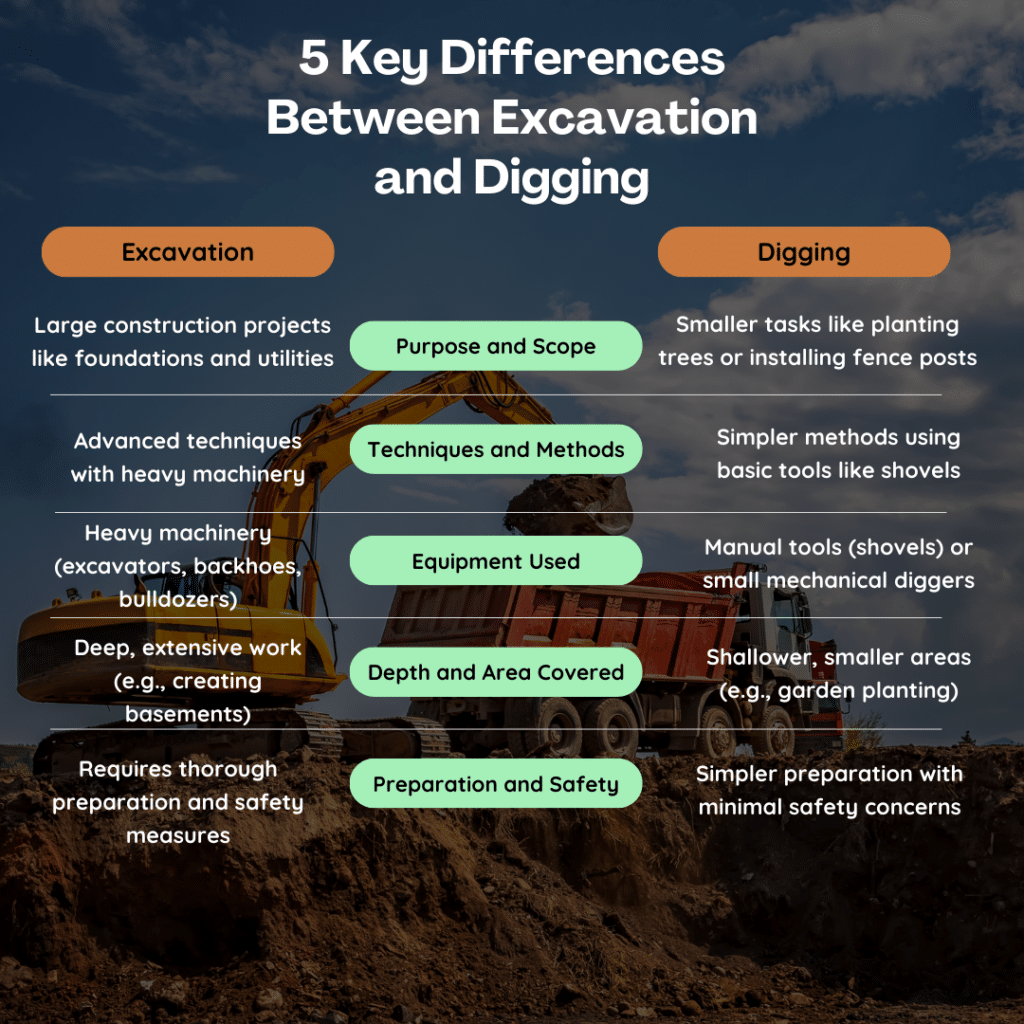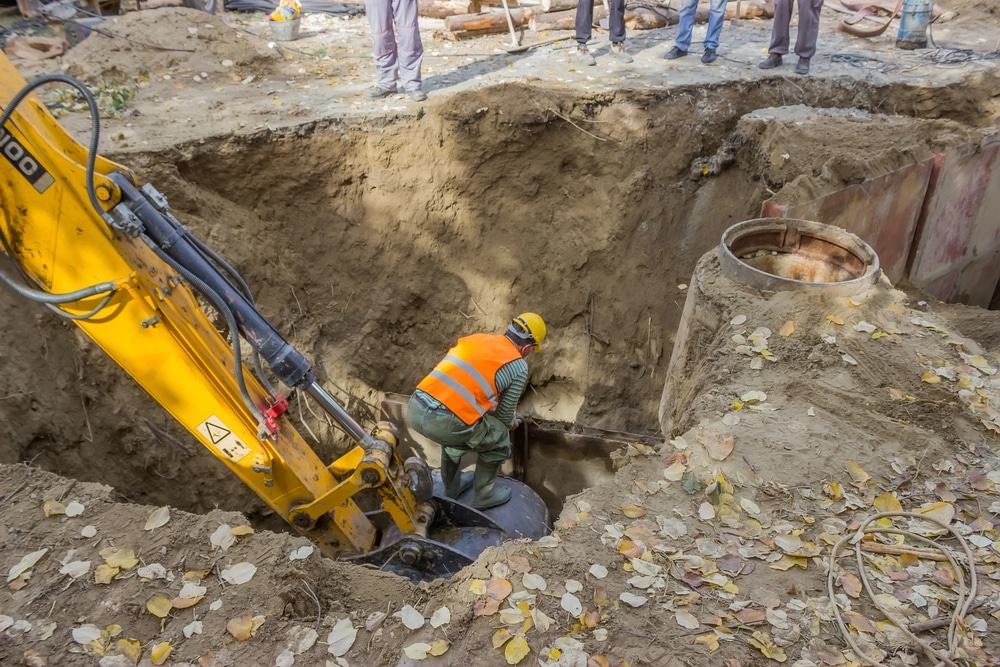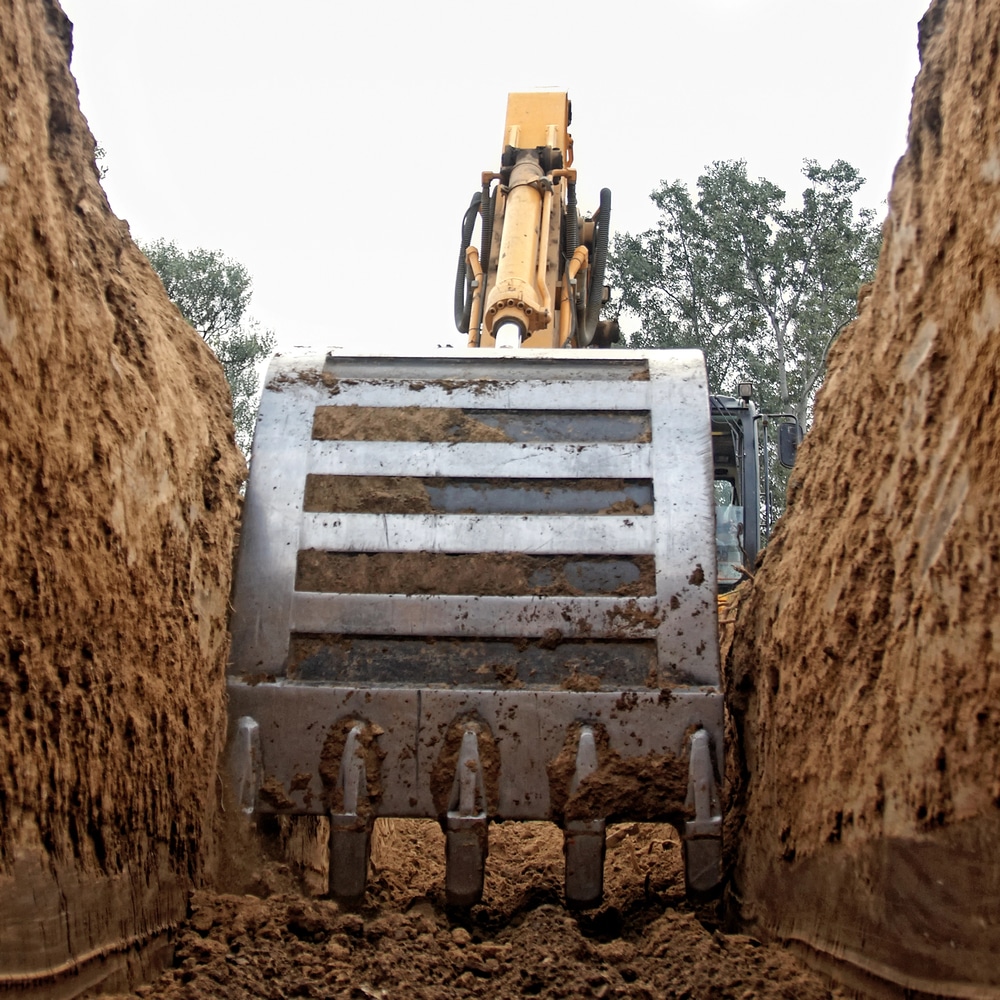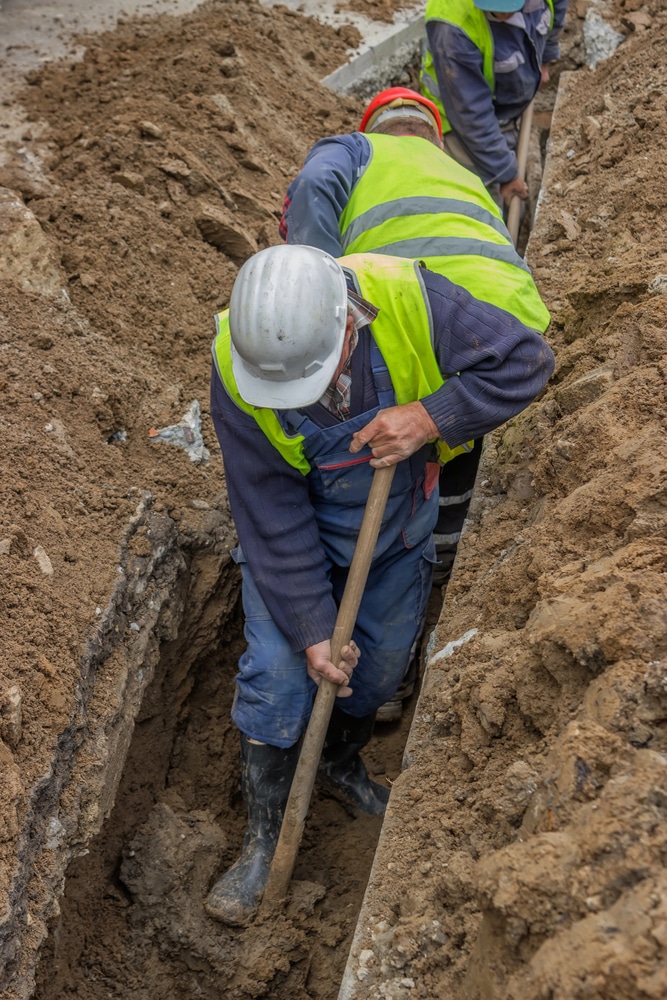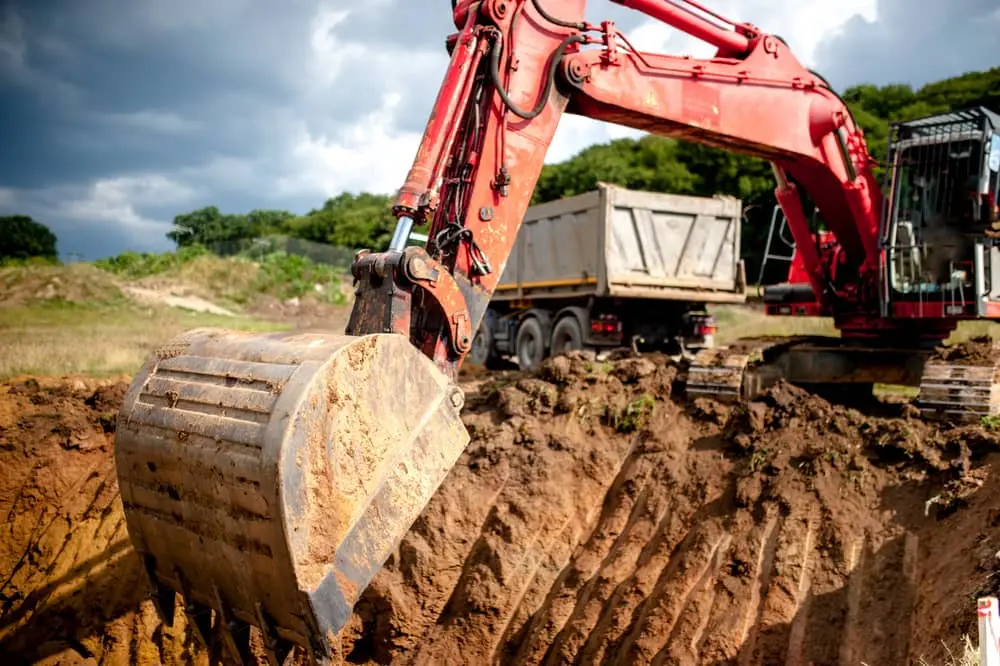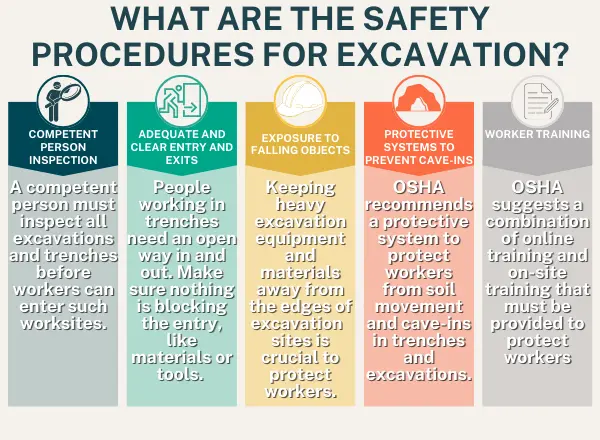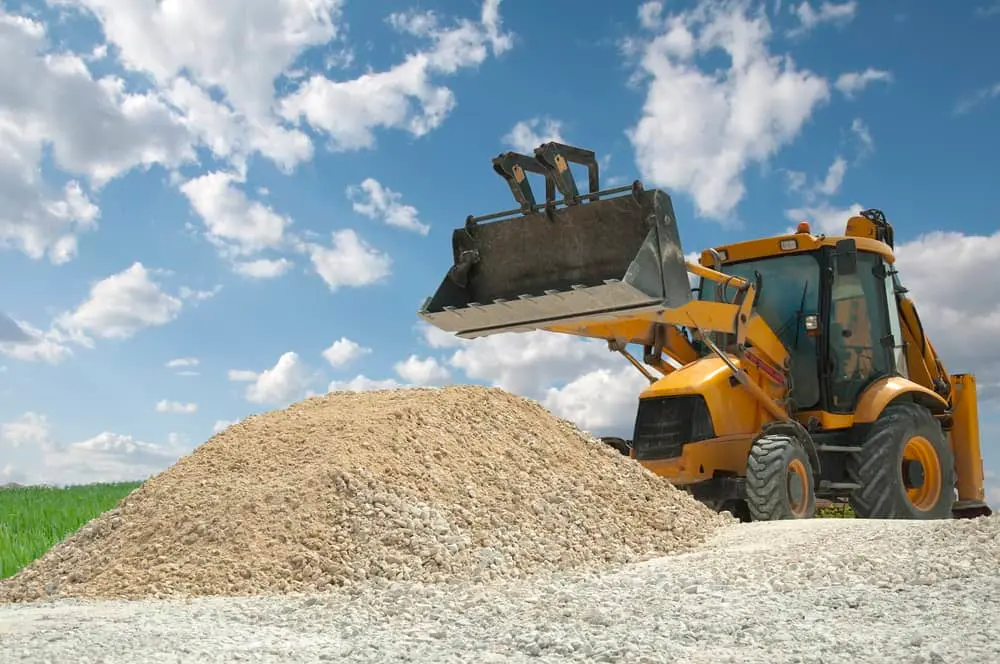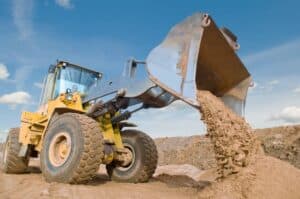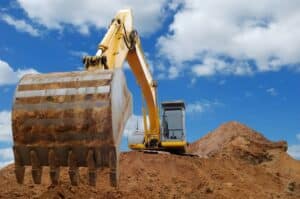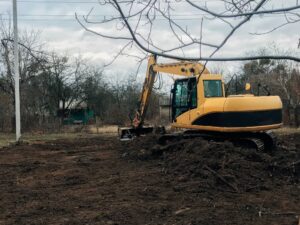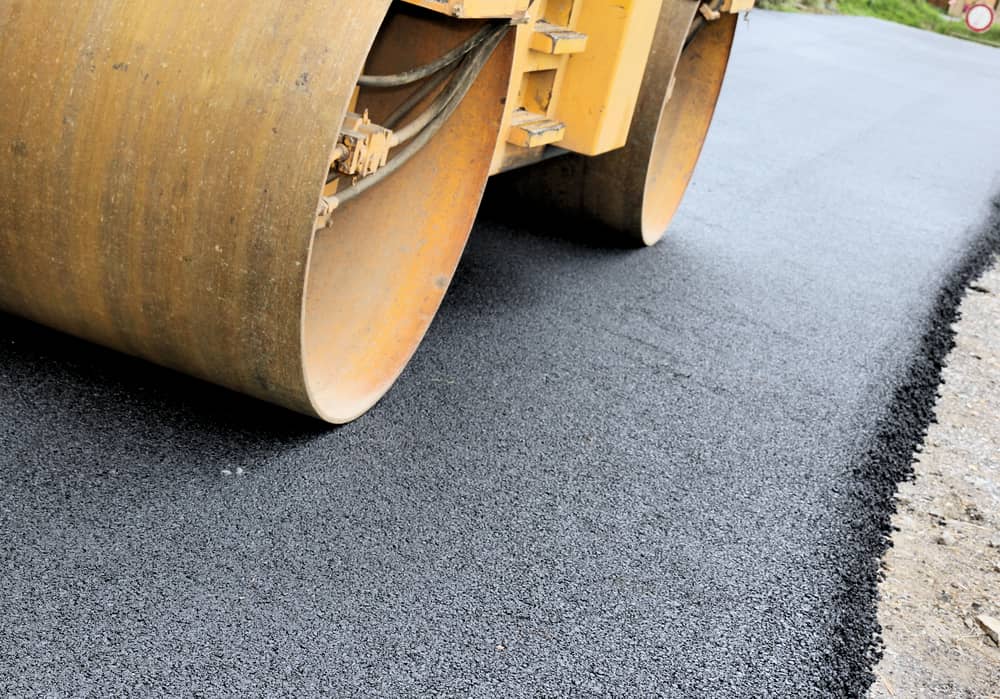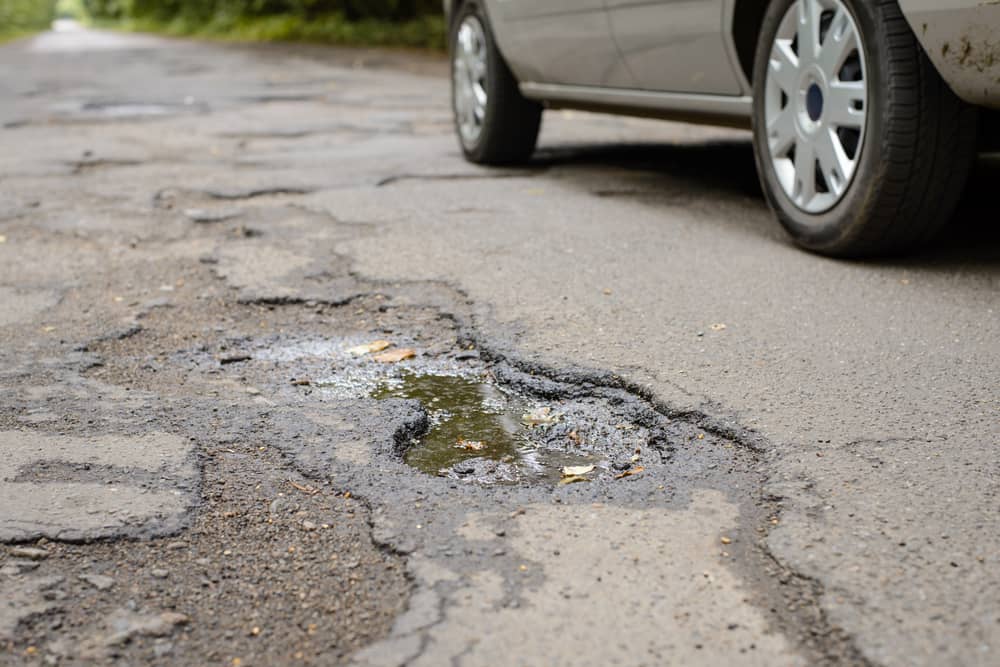Understanding Excavation Cost: What You Need to Know for Your Project
The Reality of Excavation Costs in Robinson
Are you planning a construction project in Robinson, TX, but unsure about the excavation costs? Proper excavation forms the literal foundation of successful building projects, yet many local property owners underestimate its complexity and importance. The unique clay-heavy soil conditions in Robinson, combined with our seasonal weather patterns, create specific challenges that directly impact excavation project costs.
Without proper understanding of these local factors, Robinson residents often face unexpected expenses, construction delays, and potentially serious structural issues down the line. We've seen countless property owners struggle with budget overruns when foundation problems emerge because proper excavation work wasn't prioritized from the beginning.
Fortunately, with the right information and local expertise, you can navigate excavation costs effectively and ensure your Robinson project stands on solid ground. This guide will walk you through everything you need to know about calculating excavation costs specific to our area.
What Exactly is Excavation?
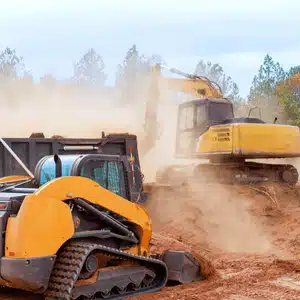
Excavation involves the careful removal of soil, rock, and other materials from a site to create space for foundations, basements, roads, and utilities. It's far more technical than simply "digging a hole," requiring precision excavation equipment and experienced operators to ensure proper depths and dimensions.
Professional excavation services utilize specialized equipment including bulldozers, excavators, and backhoes to efficiently move earth and prepare sites. The excavation machinery needed varies based on project scope, from compact skid steers for residential work to massive excavators for commercial developments, all of which impact the final land excavation cost.
In Robinson, TX, excavation work often requires additional expertise due to our unique soil composition and seasonal flooding concerns. Local excavation contractors understand these challenges and how they affect both the process and pricing, especially when the goal is to excavate land for long-term structural integrity.
Why Proper Excavation Matters for Robinson Properties
Proper excavation ensures strong and stable foundations that can withstand Robinson's clay soil that expands and contracts with moisture changes. Without appropriate excavation techniques and the right heavy equipment, foundations can crack and shift over time, leading to costly repairs far exceeding the original land excavation cost per cubic yard.
Excavation also establishes essential drainage systems that prevent water accumulation around your property. Given occasional heavy rainfalls, proper grading and drainage installation during earth excavation helps prevent erosion control issues and potential water damage to your investment, keeping costs per cubic yard manageable with the right excavation equipment.
Additionally, professional land excavation addresses underground obstructions and utilities before they become expensive problems. This proactive approach prevents damage to existing underground utility lines and structures, helping you excavate land safely and efficiently while saving significant money per cubic yard during the construction process.
Key Factors That Influence Excavation Costs in Robinson
Project Scope and Volume
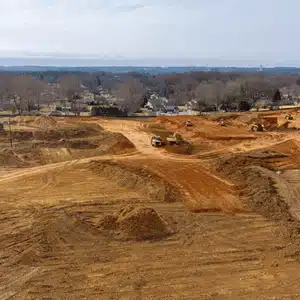
The size of your excavation project dramatically affects the final price. Most excavation companies charge per cubic yard of material or dirt removed, making volume a primary cost determinant for residential excavation and other land excavation jobs.
Small residential projects like concrete patios might require minimal excavation, while new construction or basement excavation involves significantly more earth to be moved. Larger projects typically offer better economies of scale, though the total excavation cost will naturally be higher than for basic residential excavation or land clearing.
The complexity of access at your job site also influences costs, as tight spaces may require smaller dump trucks and specialized approaches. Projects with limited access often require more time and labor, increasing your residential excavation cost beyond simple per cubic yard volume calculations, especially when factoring in other factors like terrain or utility rerouting.
Location and Accessibility in Robinson
Varying landscapes present unique accessibility challenges that impact excavation services pricing. Properties in more established neighborhoods often have easier access, while rural or heavily wooded lots may require additional land clearing and specific equipment needed for new construction or in ground pool installation before excavation can begin.
Travel distances also factor into costs, as equipment transportation requires fuel and time. Most excavation companies include dump truck and heavy machinery transport in their quotes, but properties farther from town centers may see a slightly higher total cost for construction work.
Sites with existing structures present special challenges requiring careful excavation around foundations and underground utilities. These projects typically cost more due to the increased precision, possible hand-digging, and additional equipment needed to safely perform construction work without damaging existing structures.
Soil Type and Terrain Conditions
Robinson's characteristic soil composition significantly influences excavation costs. Clay-heavy soils can be difficult to excavate, especially during dry periods when they become extremely hard.
Rocky soil or terrain containing large boulders dramatically increases excavation difficulty and costs. When excavation contractors encounter rocky terrain, they often require specialized equipment that can break through these materials, increasing both equipment costs and labor costs.
Conversely, properties with soft, sandy soil typically see lower excavation costs due to easier digging conditions. However, these areas may require additional structural support during foundation work, which can affect overall project costs.
Seasonality and Weather Considerations

Timing your excavation project strategically can yield significant savings. Early spring and late fall typically offer the most favorable conditions, avoiding both summer heat and potential winter freezes—two different cost factors that can affect the total cost based on your soil type and job site location.
Winter excavation often costs more due to frozen ground requiring additional equipment and time, increasing the excavator cost and potentially requiring a fresh land survey. Similarly, excavating during rainy seasons can lead to delays and drainage issues that increase overall costs depending on the soil type at your job site.
Weather delays can significantly impact your construction project timeline and budget. Most excavation contractors build some weather contingency into their schedules, but extended poor conditions may result in additional charges, contributing to a higher total cost influenced by these different cost factors.
Grading and Leveling Requirements
Proper yard grading ensures water flows away from structures, preventing costly drainage issues. This essential step requires precise equipment operation, often involving heavy machinery, and experienced judgment to achieve proper slopes and manage excavator cost effectively.
The cut-and-fill process—where soil is moved from higher to lower areas—requires careful calculation to minimize dirt removal costs. Efficient planning can significantly reduce the need to either bring in or remove excavated soil from your property, especially before pouring a concrete slab.
Properties with substantial elevation changes often require more extensive grading work, increasing overall excavation costs. If your job site has rocky soil or large boulders, the use of heavy machinery becomes critical, further impacting excavator cost but helping avoid future erosion control problems and foundation issues.
Machinery and Equipment Utilization
The type of equipment needed directly impacts your excavation costs. Residential excavation might require smaller machines that cost less to operate but take longer, while commercial projects often utilize heavy equipment capable of moving more earth excavation material per cubic yard for greater efficiency.
Equipment rental costs contribute significantly to project pricing when contractors don't own equipment. Established land excavation companies that own their heavy equipment often provide more competitive pricing, especially on residential excavation where large boulders or tight access can complicate the job.
Experienced operators complete work more efficiently and safely, ultimately saving money despite potentially higher hourly rates. The skill of the operator often matters more than the equipment itself for achieving quality results within budget and minimizing excavation cost per cubic yard, especially when handling detailed earth excavation tasks.
Regulatory Compliance and Permitting
Municipal regulations require specific permits for most excavation work, adding to overall project costs. These permits protect homeowners by ensuring work meets local codes and standards, whether it's for yard grading, a crawl space, or even installing a swimming pool next to an existing house.
Environmental compliance measures may be necessary, especially for properties near sensitive areas or waterways. These requirements can add significant costs, including site cleanup and controlled dirt removal, but are essential for legal and ecological reasons.
Safety requirements, including trench boxes for deep excavations and other protective measures, add necessary costs to ensure worker safety and project success. These non-negotiable expenses factor into what excavation contractors charge and include labor costs that help protect both workers and property owners from liability.
Additional Cost Considerations
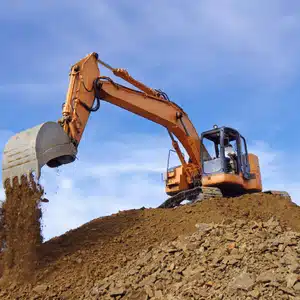
Worker training and safety procedures represent essential costs that reputable contractors include in their pricing. These investments prevent accidents and ensure quality workmanship that saves money long-term, especially for land projects like installing a crawl space or a swimming pool near an existing house.
Land survey costs are often necessary before major excavation begins, especially for new construction or yard grading. This upfront expense ensures accurate property lines and helps identify potential issues before excavation starts, contributing to more accurate pricing per cubic yard and reducing the need for extensive site cleanup.
Soil testing helps identify potential challenges before work begins, preventing unexpected costs during excavation. Whether you're planning a swimming pool installation or a basic yard grading project, this relatively small investment can prevent major budget overruns—especially when preparing land excavation near an existing house or handling unexpected soil during a crawl space dig.
Common Types of Excavation and Their Cost Implications
Foundation excavation forms the basis for most projects, requiring precise dimensions and depths. This critical excavation type directly impacts the structural integrity of your entire project.
Basement excavation costs more than standard foundation work due to increased depth and volume. Basement excavation also requires careful consideration of our water table and drainage patterns.
Trenching for utilities, septic tanks, or drainage runs at different price points than general excavation. The narrow, precise nature of this work often requires specialized equipment and careful execution around existing underground obstructions.
In-ground swimming pool excavation presents unique challenges, especially with clay soils. The large, precisely shaped excavation requires experienced contractors to ensure proper dimensions and stable surroundings.
Rock excavation represents the most expensive category, requiring specialized equipment and techniques. Properties with substantial rock outcroppings should budget significantly more for excavation work.
Calculating Your Excavation Costs
To calculate excavation costs for your property, start with a rough estimate of cubic yards to be removed. Multiply length, width, and depth (in feet) and divide by 27 to determine cubic yards.
Next, factor in your specific property conditions—soil type, access, grading needs, and other factors discussed above. These variables will adjust your base cubic yard excavation cost up or down.
Finally, request detailed quotes from reputable contractors that include all potential costs. Be wary of estimates that seem unusually low, as they may not account for all necessary work.
Choosing the Right Excavation Partner
When selecting among excavation companies, look beyond price to experience. Local knowledge of soil conditions and regulations provides invaluable advantages.
Ask potential contractors about their equipment, team experience, and approach to unexpected challenges. The best partners offer transparent pricing and clear communication throughout your project.
Remember that quality excavation work prevents expensive problems throughout your construction project and for years afterward. Investing in professional services from the start protects your entire project investment.
Conclusion: Building on Solid Ground
Professional services provide the literal foundation for successful construction. Understanding the factors that influence excavation costs helps you budget appropriately and avoid unpleasant surprises.
By recognizing the specific challenges of soil, terrain, and regulations, you can make informed decisions about your excavation project. The right preparation and partner make all the difference in controlling costs while ensuring quality outcomes.
Ready to get your excavation project on solid ground? Contact our team of local excavation professionals for a free consultation and detailed project assessment. We'll help you navigate the complexities of excavation with confidence and cost-effectiveness, ensuring your project starts right from the ground up.
